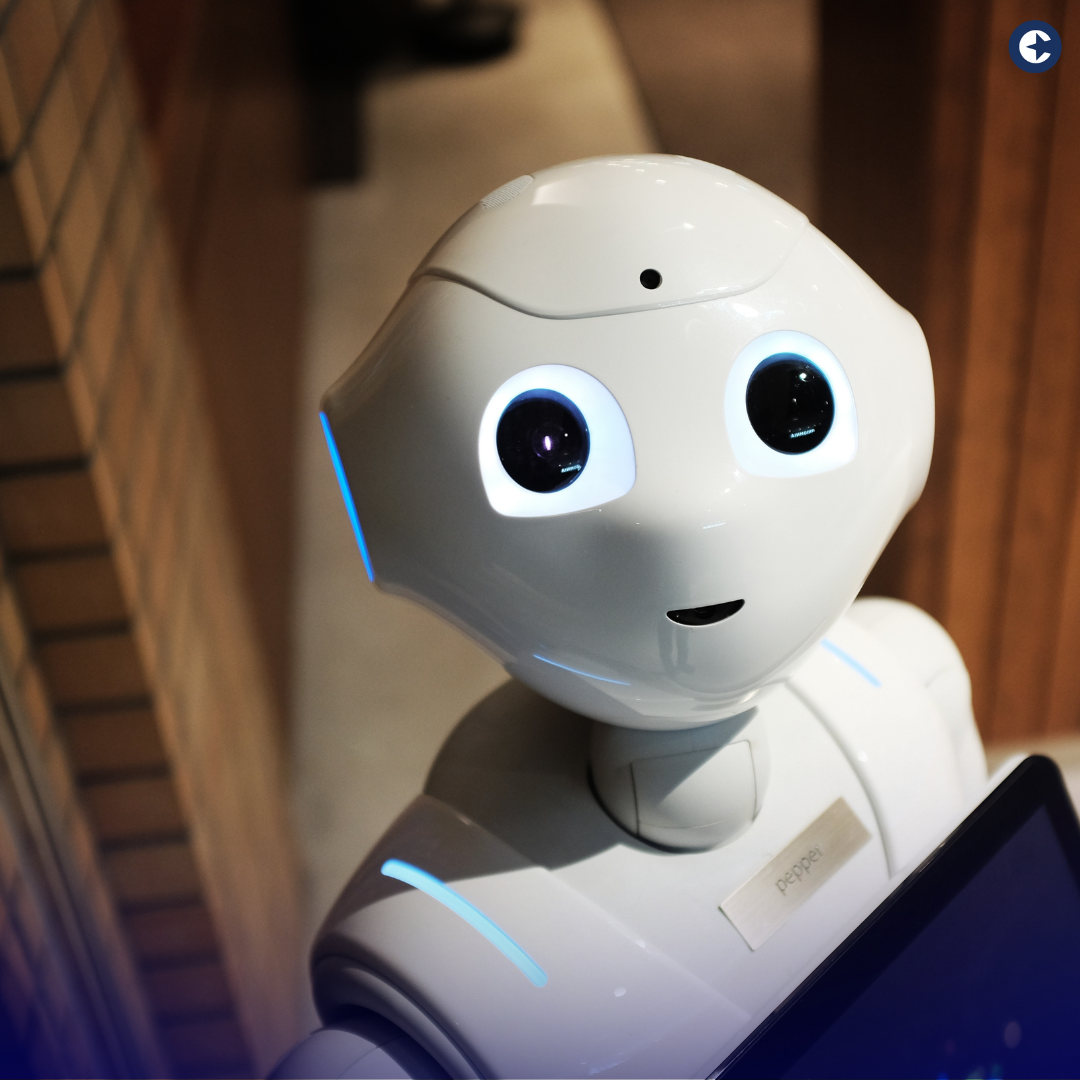In the bustling world of nursing homes, a revolutionary companion has emerged, bridging the gap between technology and compassionate care. Meet Dai-chan, an AI-powered robot, making waves in Japan by offering invaluable companionship to dementia patients. This innovation showcases how technology can humanize and enhance care in the modern age.
Main paragraphs:
The Genesis of Dai-chan At The Harmony, a Japanese nursing care provider, the introduction of Dai-chan, a boy-shaped robot standing at 30 centimeters tall, marks a significant leap in dementia care. Designed to engage patients in meaningful conversations, Dai-chan is not just a technological marvel but a beacon of hope and comfort for those grappling with dementia. Unlike conventional robots, Dai-chan utilizes artificial intelligence to adapt its conversations based on the engagement level of the patient, ensuring each interaction is personalized and impactful.
A Solution Born of Necessity The need for Dai-chan arose from a stark reality in nursing homes: human staff, overwhelmed with various responsibilities, often find it challenging to dedicate time for leisurely chats with residents. Recognizing the therapeutic power of conversation, especially for dementia patients prone to anxiety and panic attacks, The Harmony embarked on creating a robot that could fill this gap. The journey wasn’t straightforward; initial trials with off-the-shelf conversational robots faltered, prompting The Harmony to develop a bespoke solution tailored to the unique environment of care facilities.
Read More: Reflecting on Alzheimer’s, Dementia, and Insurance Coverage
The Impact of Dai-chan Since its deployment in April, Dai-chan has become more than just a fixture in The Harmony’s nursing homes; it has transformed into a cherished companion for residents. The presence of Dai-chan has been particularly beneficial for those who once spent their days in solitude, now eagerly anticipating their interactions with this AI companion. By engaging residents in dialogue, Dai-chan helps mitigate symptoms of agitation and anxiety, demonstrating the profound effect of focused, compassionate communication on mental well-being.

Beyond Conversation: A Technological Breakthrough The development of Dai-chan was no small feat. It required the collective effort of engineers from the IT sector, guided by insights from care workers, including Kazuya Takahashi, CEO of The Harmony. The project, culminating in four years of dedicated work and a substantial investment, signifies a bold step forward in integrating AI with care, overcoming challenges such as high levels of background noise which hampered speech recognition in earlier models.
Conclusion: Dai-chan represents a groundbreaking intersection of technology and human-centric care, offering a glimpse into the future of dementia care. By providing company and engaging residents in meaningful conversations, this AI-powered robot is not only alleviating symptoms of dementia but also enriching the lives of those it interacts with. As Dai-chan continues to make its mark across The Harmony’s facilities, it stands as a testament to the transformative potential of technology in enhancing the quality of care and companionship provided in nursing homes.
For more follow us on Instagram, Facebook, Twitter, & LinkedIn.



